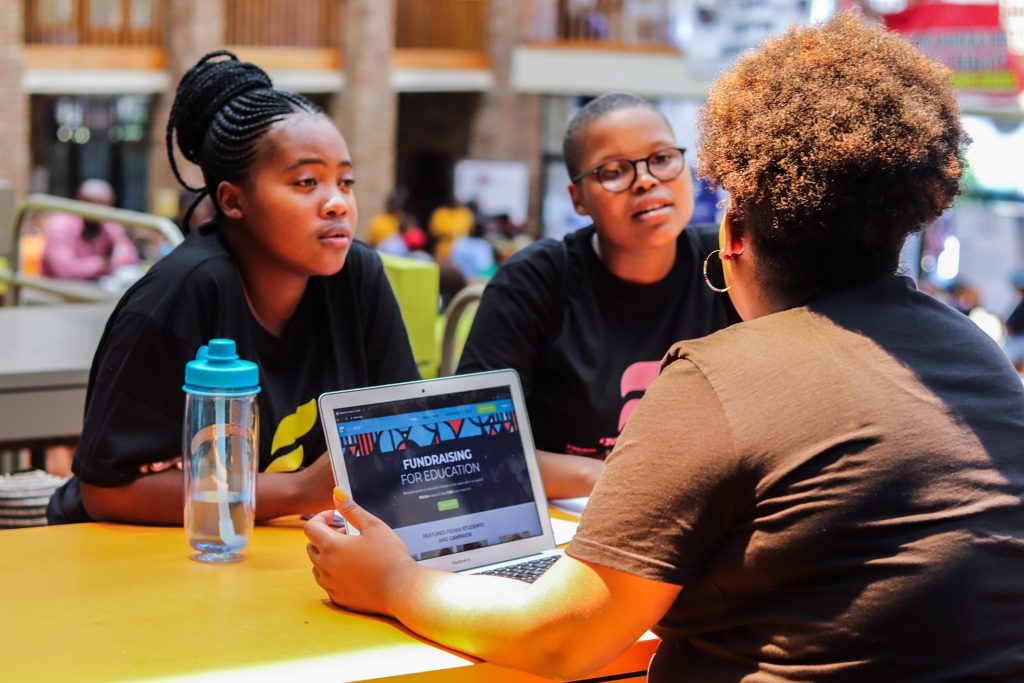BD Tertiary Collection
Funding Options For Further Study
The first step when considering funding options should be a visit to the financial aid office at the institution where a student intends to study. As University of Cape Town (UCT) spokesperson Elijah Moholola says: “Undergraduate students have been assisted in funding from a variety of sources, which include the National Student Financial Aid Scheme (NSFAS), corporate sponsorships, donations and the university’s own funds.”
Students who cannot afford to study further can apply for NSFAS funding. “As of 2018, first-time entering new students who are eligible for financial aid must come from households with an annual income of no more than R350 000,” explains Moholola. Before then, the income threshold was R122 000. Moholola says UCT applies the R350 000 threshold to all students, including pre-2018 registrations.
Known as the “missing middle”, students from a household with an income of between R350 000 and R600 000 can apply to the Ikusasa Student Financial Aid Programme. “This is a private-sector-funded bursary scheme. It provides financial and wraparound support to designated missing middle students to enable them to study towards degrees in scarce-skills professions,” says Moholola.
Another option is a bursary or scholarship, which usually does not need to be repaid. These are available from the government, private sector, nongovernmental organisations and sponsors. “The requirements for academic and financial eligibility are determined by these funders, and tend to vary according to the programme of study,” explains Moholola. Often, the bursary will include an internship with the donor company. BMW, for example, offers paid vocational working experience as part of its bursary.
Magdeline Thidiela, head: Client Solutions, Retail Personal Lending, at Standard Bank, says: “Prospective students can finance their full-time or part-time studies by applying online for a student loan at an interest rate of seven per cent. This will cover their registration and tuition fees – based on the amount they can afford – their accommodation up to R60 000 per year, as well as their textbooks and equipment. Not all students can afford a loan, therefore Standard Bank launched Feenix Trust in 2017 to help make tertiary education more accessible to economically challenged students.
Feenix uses social media to help students from homes with an income of below R600 000 connect with individuals and corporates seeking to support access to education. “By supporting and donating towards students completing their degrees, we can ensure that we have more skilled young people entering the workforce and contributing to the economy of South Africa,” says Leana de Beer, CEO of Feenix. “It is the perfect platform for those who don’t meet the financing criteria of banks and other institutions.”






 Sign-up and receive the Business Media MAGS newsletter OR SA Mining newsletter straight to your inbox.
Sign-up and receive the Business Media MAGS newsletter OR SA Mining newsletter straight to your inbox.